Last Updated on
By David Link
Scent control and management is among the most important concerns that hunters have each season. It is also arguably one of the most controversial hunting topics out there, especially since there are an increasing number of scent control products on the market today. Just ask any serious deer hunter, and he or she will have their own views, tricks and philosophies when it comes to minimizing scent. The problem is we can’t place ourselves behind the nose of an animal like a whitetail. We know that game like whitetail have an amazing sense of smell, and this sense has helped them avoid predators even before hunters turned out in droves to harvest them. Let’s examine the old school and new school views on scent control and cover some of the basic products that you can use if you subscribe to the new school views.
Old School Scent Control
Some hunters just don’t buy into scent control, and it’s not hard to understand why. Previous generations of hunters still harvested big bucks in normal clothes with no scent control technology whatsoever. There can also be a high level of distrust with many scent control companies out there, and some hunters feel these companies are just trying to move product regardless of whether or not it actually works. There was even a long running court battle regarding the effectiveness of scent control clothing. While we can all understand this reasoning, there have been a lot of great advancements in hunting technology even over the past five years, and just like any new product, you have to do your own research to find out if it really is worthwhile.
One old school technique that will never go out of style is keeping tabs on the wind. The wind is your worst enemy on a hunt, and it can give you away even when you’re using scent control techniques. The best thing to do is scout extensively beforehand and have several options at your disposal the day of the hunt. For example, stand A is where you hunt when the wind is coming in from the north, and so on and so forth with your other stands when the wind changes.
New School Scent Control
The new school of thought in scent control is one of “do all you can to minimize the impact of your scent.” There are no absolutes in scent control, but more often than not if you make a reasonable effort to control your scent, your chances of a successful hunt will go up to some degree. This is really an attitude of something is better than nothing, and it is up to the hunter how much they want to invest and use before they head out on a hunt.
Behavior Every Hunter Should Start Doing
Before we cover some of the popular scent control gear available today, it’s worth covering the behavior that every hunter should adhere to the day before they hunt. First off, laundry and personal care products are designed to smell pleasant these days, but that’s the exact opposite of what you want when deer hunting. Never wash your hunting clothes with normal detergents, and keep them far away from dryer sheets or fabric freshening sprays. You should always store your hunting clothes away from any other clothes that are washed normally just in case there is any cross-contamination. Skip the normal soaps, shampoos and conditioners anytime your planning on hunting as well.
Scent contamination comes from other sources as well. Cigarettes, coffee, chewing gum, toothpaste and deodorant have all been identified as potential scents that deer or other game might pick up on. Your vehicle interior might contaminate your clothes as well, so only put on your hunting clothes once you’re in the field and keep them in a container in the trunk or truck bed until you get to your destination. It’s no surprise that urine can be one of the most powerful scent giveaways while hunting, so never urinate anywhere near your stand or blind. While all these tips may sound like overkill to some, the more you can minimize, the better potential you’ll have to have animals come in close while you’re hunting.
Gear For Scent Control
Even with all the changes in your pre-hunt behavior, there’s plenty of gear out there that might just up the odds even more.
Detergents
Hunter specific laundry detergents have been around for many years, and while the marketing of these detergents may seem gimmicky, the important thing to focus on is that they’re perfume-free. They are certainly worth the effort even as a just in case, and they should last a very long time if you don’t have many clothes to wash. Certain scent-free detergent brands may offer similar performance at a lower price, so don’t be afraid to look around. Feel free to compare ingredients in the official stuff and the hunter’s variety detergents. What you want is anything that is perfume free and as close to “just soap” as possible. A combination of Borax and washing soda could do just as well as the official brands.
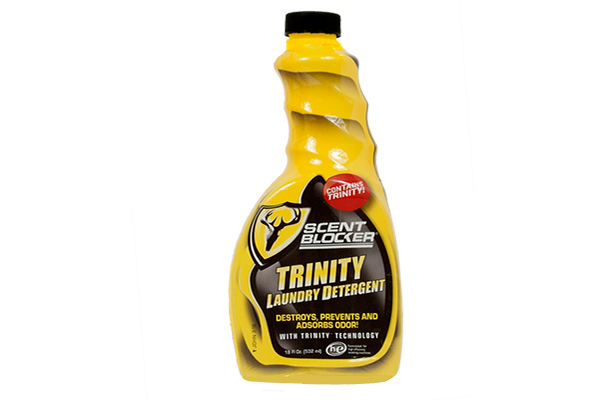
Soaps
Similar to the impact that scented detergent has on hunters, the soap you use to wash can give your position away too. Better yet, many have proposed that a shower with scent-less or lye soap can actually reduce the “human smell” before you head out into the field. Better to skip making homemade soap and buy hunter’s specific soap for this purpose.
Scent Blocking Clothing
The real revolution in scent control is now in scent blocking clothing. These days all the popular base layer apparel is made with scent blocking compounds like activated carbon or activated charcoal. As odor seeps through the base layer of your clothing, it is trapped in the microscopic pores of carbon therefore reducing the total amount of odor and scent that you release in the environment. Different clothing brands and models have different concentrations of carbon in their apparel, and higher / thicker concentrations have a higher chance of success. There has been much controversy surrounding this type of apparel, but it has been scientifically proven to work to some degree. This does not mean that this type of apparel is a fool-proof solution, but it is rather another tool that can be used to block your scent alongside the other items listed here. Companies like ScentBlocker and Scent-Lok produce clothing with activated carbon.
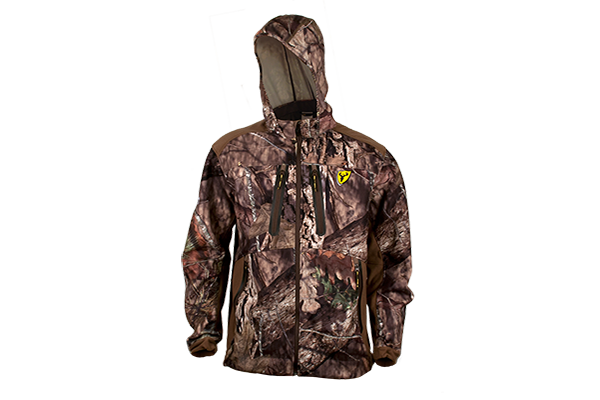
There are also competitor materials to activated carbon like zeolite, antimicrobial treatments, and engineered polymer materials. They all work somewhat similarly but with varying degrees of results when compared to activated carbon. The first, zeolite, has a filter like structure that absorbs human odor. Materials like silver are used to create antimicrobial effects in clothing, and these differ from the other materials because they inhibit the growth of bacteria that causes odor vs. trapping the odors as they are released. Engineered polymers are essentially a synthetic version of activated carbon that is more effective. In addition to activated carbon, ScentBlocker and Scent-Lok are now using zeolite, silver and engineered polymers to better their scent blocking clothing. Sitka is also using silver as part of their Polygiene technology.
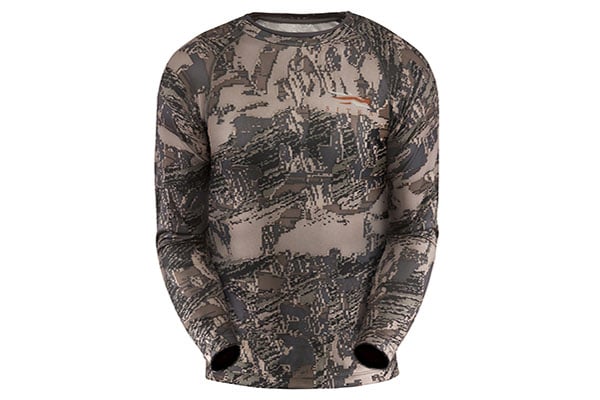
Scent Blocking Sprays
Before activated carbon was all the rage in scent blocking, chemical sprays were the main method of treating your clothes to reduce scent. The difference with a spray is that it creates a chemical reaction with odor causing chemicals vs. absorbing odor as it is released from your body. Chemical sprays essential oxidize or burn up odor causing chemicals as they are sprayed on gear. The upside of this method is that other gear like bags, blaze orange or even bows can be sprayed with these chemicals to increase the chances of scent elimination. These sprays also offer a longer-term solution since scent blocking clothes will eventually lose their effectiveness and need to be replaced. The downside is that you have to regularly treat your clothing and gear with these chemicals for them to stay effective.
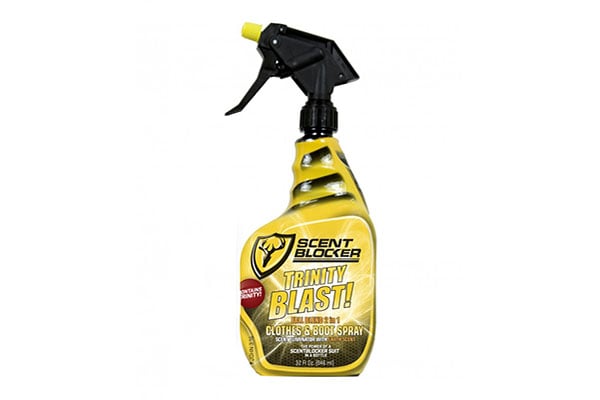
Masking Agents
One final product of note is not a scent blocker or eliminator but rather a natural masking agent. These sprays or liquids are designed to make you “natural” smelling like the woods or fields you are hunting in. Some companies even combine natural masking agents with scent blocking sprays in an effort to up your scent control odds. While certainly not a stand-alone solution, natural masking agents are something to be aware of.
Image one courtesy of Wikimedia Commons.


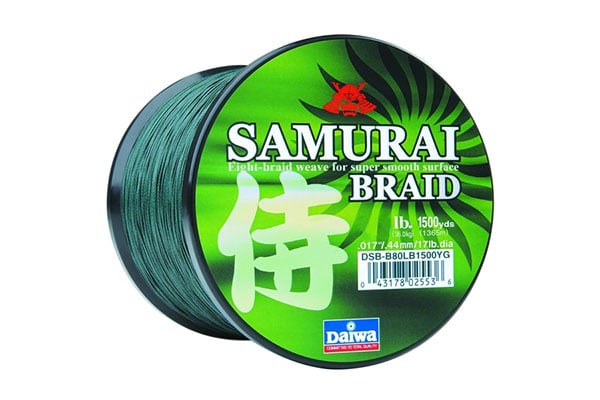





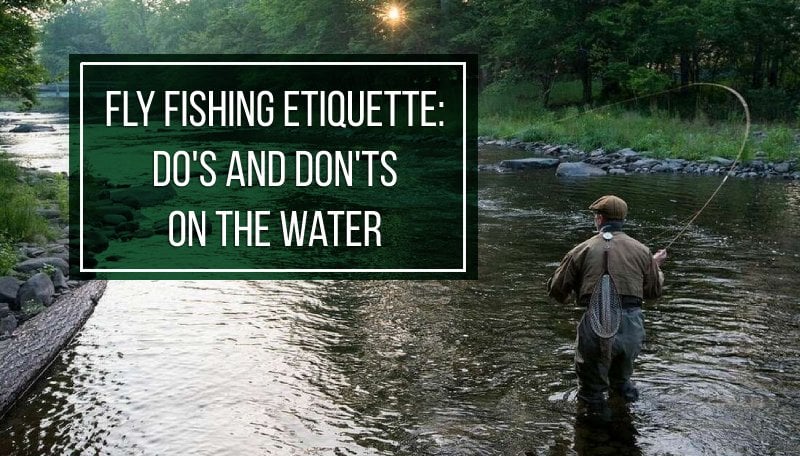



0 comments